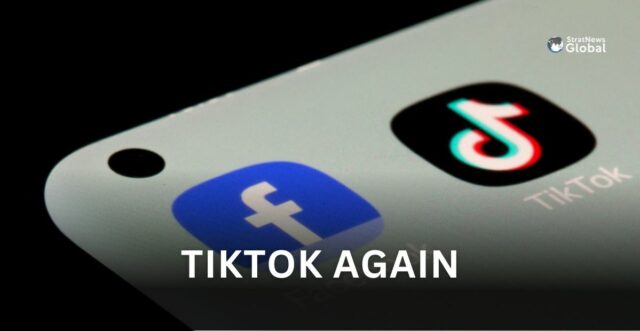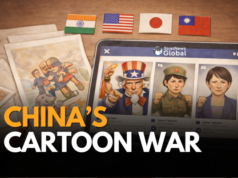Albania’s government has imposed a year-long ban on the social media app that it says is aimed at reducing youth violence but which rights groups and business owners say threatens commerce and free speech ahead of May elections.
“It will have a huge impact on my business because most of the sales are through delivery thanks to TikTok’s free marketing,” said Ergus Katiaj, who uses TikTok to advertise his business.
Concerns Over Social Media Platforms
Prime Minister Edi Rama announced the ban on Dec. 21 after a 14-year-old boy was stabbed to death in November by a fellow pupil, a crime that local media reports said occurred after the boys clashed online. TikTok is expected to be taken down in the coming weeks.
The move follows bans or partial bans in at least 20 countries due to worries about improper videos or security concerns linked to the app’s owner, China-based ByteDance, and its proximity to the Chinese government.
In Albania, Rama said the decision came after discussions with parents and teachers, but opponents worry that it is part of the prime minister’s crackdown on political dissent after a year of popular unrest.
“This creates a dangerous precedent that at any moment governments can close different platforms,” said Orkidea Xhaferaj, from the Tirana-based think tank SCiDEV.
TikTok said it was seeking “urgent clarity” from the Albanian government because it says “multiple reports have in fact confirmed videos leading up to this incident were being posted on another platform, not TikTok.”
Clash of Opinions
Albania saw regular violent protests last year against the jailing of political opponents. Demonstrators threw petrol bombs at government buildings and police responded with tear gas and water canons.
The leaders of the two biggest opposition parties, Sali Berisha of the Democratic Party and Ilir Meta of the Freedom Party, are charged with corruption offences. They deny the charges, which they say are politically motivated.
Arlind Qori, the leader of the political party Bashke (Together) formed in 2022, said the TikTok ban curtails a powerful opposition communication tool.
“He wants to close our mouth,” Qori said from his office where party supporters took refuge from the cold and discussed their campaign plans.
Rama insists the move is meant to protect young people. In an alleyway in central Tirana, a photo of the slain schoolboy hangs on an electric pole surrounded by withered flowers and messages from friends.
He was stabbed there and walked towards his school bleeding before an ambulance came.
“Inside China’s TikTok, you don’t see hooliganism, perversity, violence, bullying, crime,” Rama said when announcing his decision last month.
“While in TikTok outside of China only scum and scoundrels. Why do we need this?”
(With inputs from Reuters)





